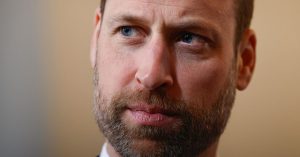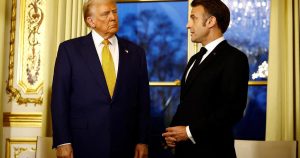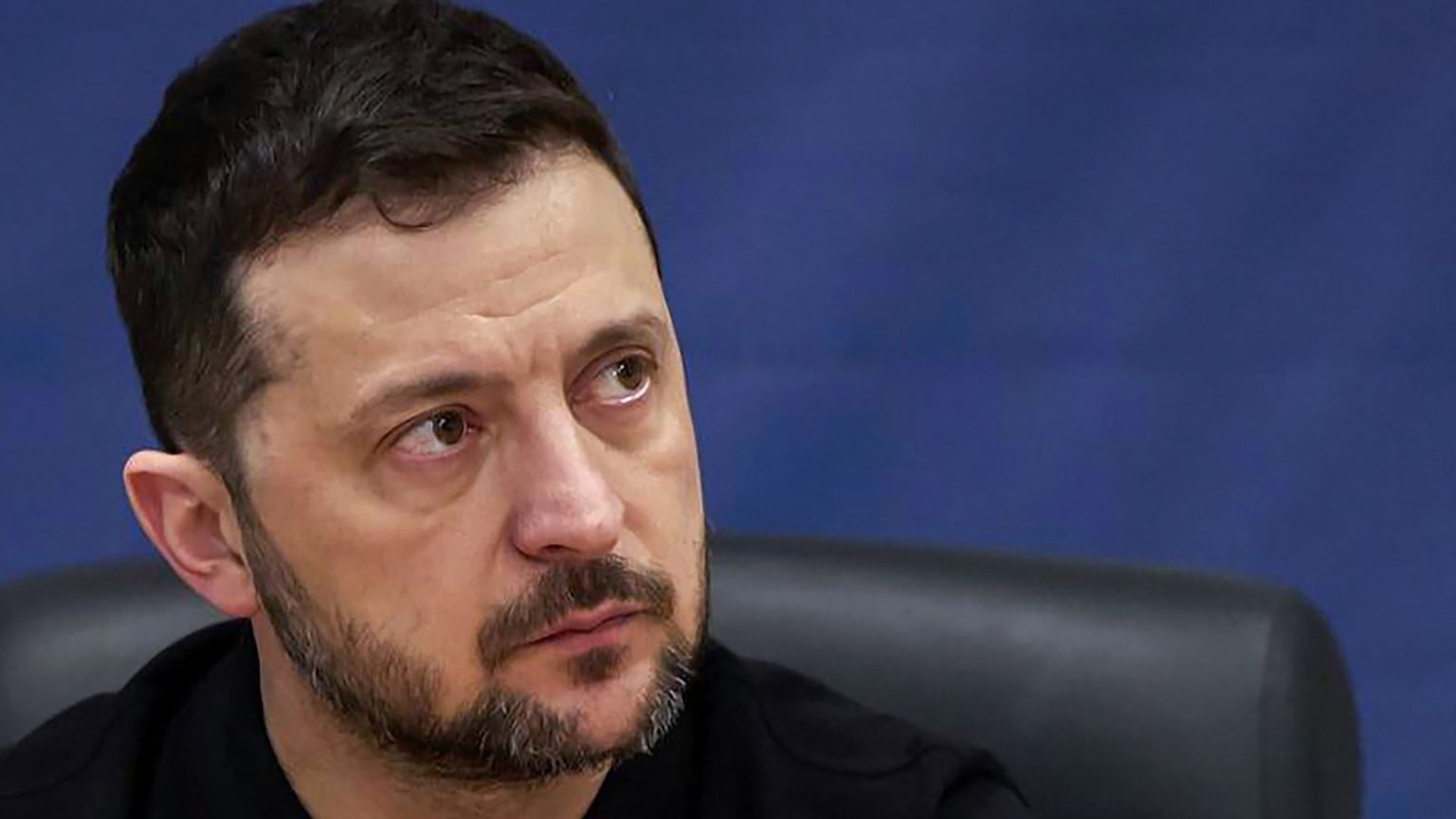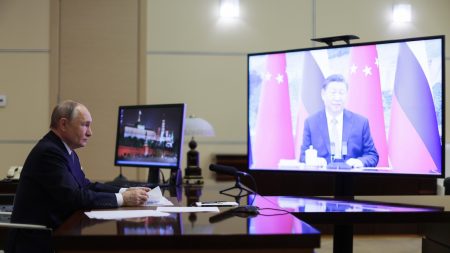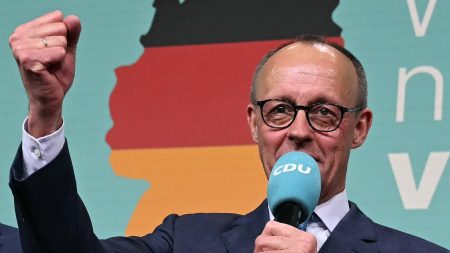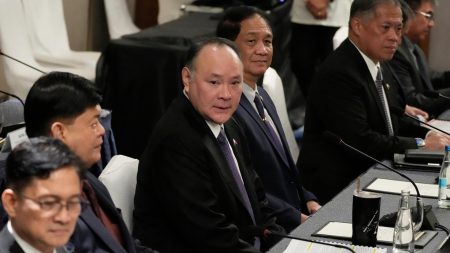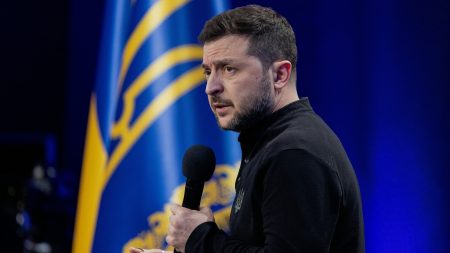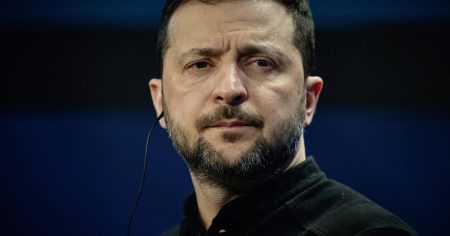Ukraine Under Siege: Martial Law and the Struggle for Democratic Legitimacy
In the early hours of February 24, 2022, Ukrainian President Volodymyr Zelenskyy declared martial law as Russian missiles rained down on Kyiv, plunging the nation into a state of emergency. Three years later, Ukraine remains under these extraordinary measures, which have been essential for waging its existential war against Russian President Vladimir Putin’s invading forces. However, this prolonged state of martial law has also become a focal point of political contention. Under Ukraine’s constitution, elections cannot be held while martial law is in place, and this has opened the door for external forces, including Russia and even former U.S. President Donald Trump, to question Zelenskyy’s democratic legitimacy. Putin has consistently framed Zelenskyy as an illegitimate leader, arguing that his inability to hold elections in 2024 means his term has expired. This narrative has been echoed by Trump, who recently labeled Zelenskyy "a dictator without elections," sparking widespread criticism both in the U.S. and among European allies.
Russia’s Agenda: Exploiting Ukraine’s Democratic Freeze
Russia has aggressively sought to weaponize Ukraine’s inability to hold elections during the war. Putin has repeatedly claimed that Zelenskyy lacks the legitimacy to negotiate peace, asserting that Ukraine’s parliament and its speaker are the only legitimate authorities in the country. This rhetoric is part of a broader effort to undermine Zelenskyy’s standing on the international stage and create divisions among Ukraine’s allies. By framing Zelenskyy as an illegitimate leader, Russia aims to weaken his position in potential peace talks and sow discord within the international coalition supporting Ukraine. Meanwhile, Trump’s recent criticisms of Zelenskyy have further amplified this narrative, drawing sharp rebukes from European leaders who remain firmly supportive of the Ukrainian president. German Chancellor Olaf Scholz and Britain’s Prime Minister Keir Starmer, among others, have dismissed such attacks as "wrong and dangerous," emphasizing that it is reasonable to postpone elections during wartime.
The Trump Factor: A Controversial Ally for Moscow’s Narrative
Trump’s recent attacks on Zelenskyy have not only bolstered the Ukrainian president’s domestic political standing but also raised concerns about the former U.S. president’s alignment with Russian interests. Trump falsely claimed that Zelenskyy’s approval rating had plummeted to 4%, despite recent polls showing his support remains above 50%. Trump also insisted that calls for new elections in Ukraine are "not a Russia thing" but rather a demand from himself and other countries. However, sources close to the Ukrainian government believe that this push is driven by figures who view Zelenskyy as a problem because of his refusal to comply with their demands. These critics argue that Zelenskyy’s steadfast resistance to external pressure makes him an obstacle to achieving a peace deal on terms favorable to Russia and its allies.
Zelenskyy’s Challengers: Internal Politics and External Pressures
Despite the external criticism, Zelenskyy faces little concrete challenge to his leadership within Ukraine. Valerii Zaluzhnyi, the former Ukrainian commander-in-chief and current ambassador to the U.K., is often cited as the most potential rival. However, Zaluzhnyi has avoided openly confronting Zelenskyy, maintaining a low profile since his public falling out with the president in late 2023. Other potential challengers, such as former President Petro Poroshenko, have been sidelined by Zelenskyy’s government, which has accused Poroshenko of undermining national security. Recent polls indicate that Zelenskyy’s approval ratings remain high, with 57% of Ukrainians expressing trust in his leadership. While this is lower than the extraordinary highs of the war’s early months, it remains robust compared to most democratic leaders.
The Risks of Wartime Elections: Destabilization and Russian Interference
Ukrainian politicians and experts have warned that holding elections during the war would be deeply destabilizing. Such a contest would be vulnerable to Russian interference, unable to ensure the participation of deployed soldiers or displaced refugees, and could threaten to fragment the country at its most vulnerable moment. These concerns are shared by Ukraine’s international allies, who have largely dismissed Putin’s claims and expressed solidarity with Zelenskyy. Even Trump’s domestic allies, such as Elon Musk and Senators Lindsey Graham and Josh Hawley, have called for elections in Ukraine, arguing that they are necessary for legitimacy. However, many within Ukraine’s government believe that this push for elections is driven by a desire to replace Zelenskyy with a more compliant leader who would be willing to accept controversial terms for peace.
The Future of Ukraine’s Leadership: Peace, Politics, and Peril
As the war drags on, Zelenskyy’s political future remains uncertain. While he has pledged to remain in office until Ukraine achieves victory, the terms of any eventual peace deal could prove perilous for his leadership. If Ukrainian voters reject the terms of a peace agreement, Zelenskyy could face political backlash, with critics arguing that he compromised too much. This has led some officials to suggest that Zelenskyy may need to deflect responsibility for an unpopular peace deal by blaming external actors like Trump. For now, however, Zelenskyy remains the face of Ukrainian resistance, and his leadership continues to be seen as essential to the nation’s survival. As the conflict enters its fourth year, the interplay between wartime politics, external interference, and Ukraine’s democratic aspirations will shape the future of a nation under siege.
